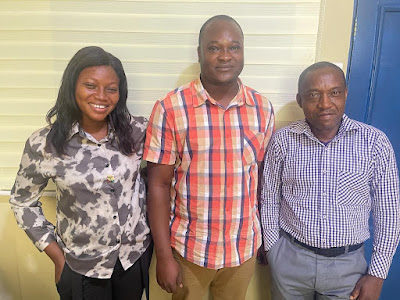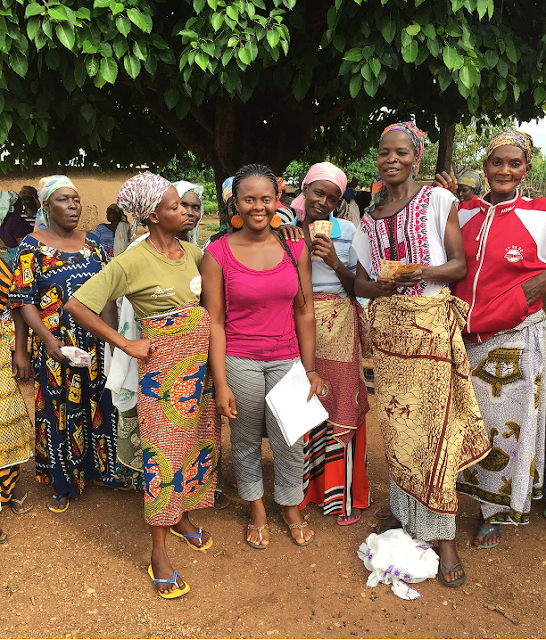By Adesuwa Ero, 2nd year MDP student
For the last three months, I worked as an intern for
Peoples Dialogue on Human Settlements popularly referred to as PD in Accra,
Ghana. It is a community-based Non-Governmental Organization working in
alliance with Cities Alliance and the Ghana Federation of the Urban Poor
(GHAFUP) in providing and supporting improved livelihood initiatives for the
urban slum dwellers. Through this internship, my goal was to synthesize urban
development and communications. The opportunity to demonstrate through writing
and visuals, the development efforts being achieved here, not just through the
lens of development practitioners but also through the eyes of the
beneficiaries and how these projects influence policy decisions.
Although I am originally from West Africa, this was my
first time visiting Ghana. Accra, the country’s capital and also where PD’s
office is situated is a vibrant metropolitan city known as a commercial,
manufacturing, and communications hub.
My role as an intern at PD was to assist the programs’
officers with ongoing projects implementation and assist in coordinating
community engagements. But, more importantly, to translate a lot of the office
documentation ranging from community mapping and profiling, field visit
reports, status reports into stories for the website, blogs, newsletters,
project catalogs, press releases, validation reports, and other publications.
 |
| Adesuwa at Kokrobite Beach |
Through my time here, I have gained a deeper
understanding of the complexities associated with development work especially
in this part of the world. Taking into account the issues of accountability,
professional work ethics, proper documentation, meaningful involvement of
stakeholders/ beneficiaries, developing comprehensive project plans, monitoring,
and evaluation. In addition, assessing the success trajectory of past projects.
Another interesting observation was getting to
understand the cultural dynamics within which the society operate knowing that
it tends to have a significant effect on the outcome of development efforts.
The only thing I found challenging in my time here was
the language barrier in communicating with community members and government
officials. However, this challenge was not peculiar to foreigners alone but
also common within the city enclave which constitutes a wide array of cultural
groups with distinct languages. This meant that for every community engagement
we had, a minimum of three languages translator’s asides from English had to be
present in order to ensure effective and more meaningful engagements.
In a nutshell, the internship provided me the
opportunity to work closely on a wide spectrum of development projects to
include waste management, water, and sanitation, improved housing and eviction
issues, city-wide profiling and mapping, alternative energy, and the Know Your
City (KYC) Campaign. Also, I have gained increased capacity in stakeholder
mobilization, community engagement, tension management, identifying meaningful
communication techniques best suited for grassroots participation.
The last but not the least, I had the opportunity to
learn and work with a group of community youth along side delegates from
Slum/Shack Dwellers International (SDI) in first building capacity and
producing a video documentary on the activities of GHAFUP to be shown at the upcoming
UN-Habitat 3 Conference in October.













